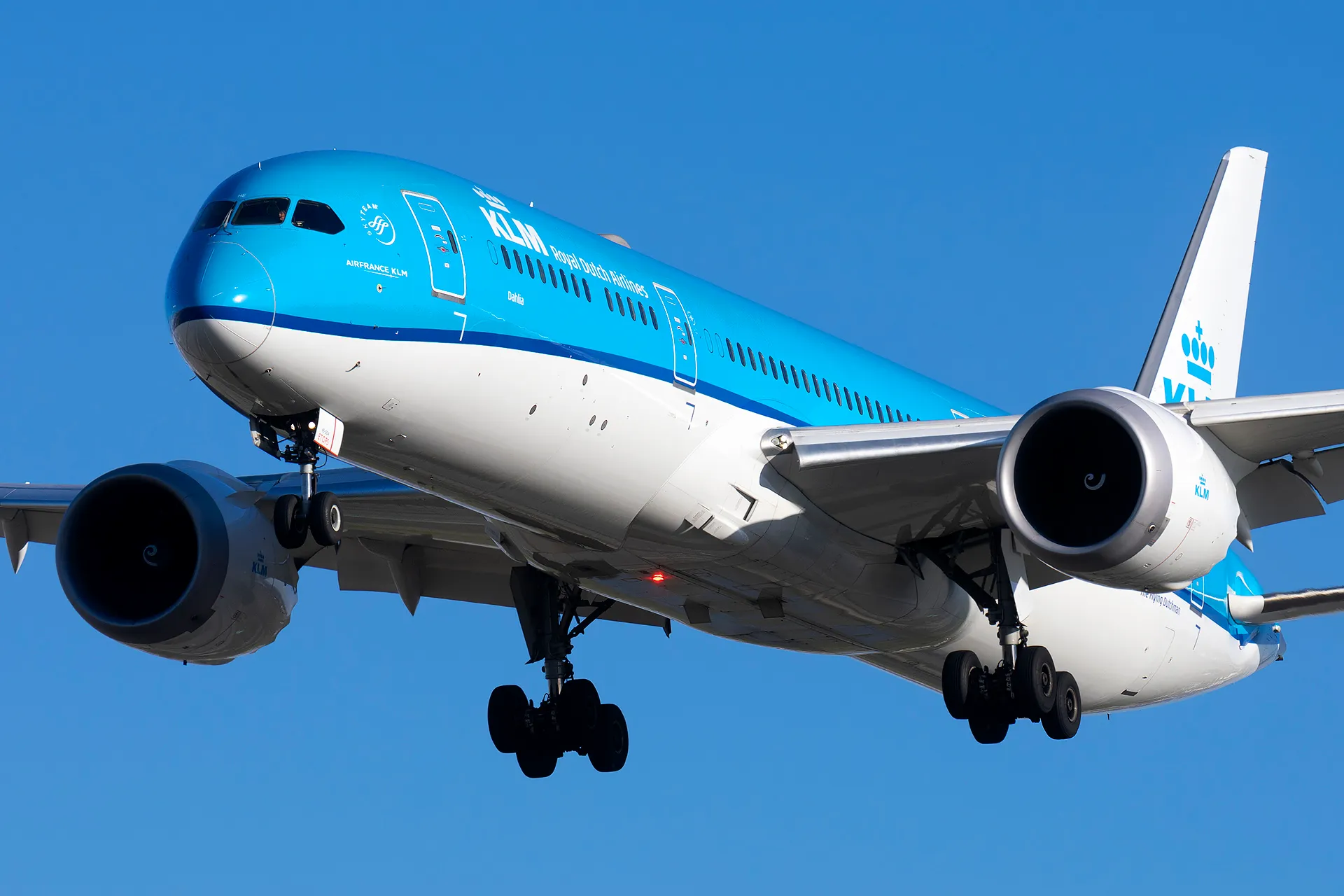DALLAS — Southwest Airlines (WN) has officially ended its iconic "bags fly free" policy, implementing a US$35 fee for the first checked bag and US$45 for the second one starting May 28, 2025.
This historic policy change marks the end of a 54-year tradition that distinguished Southwest from all other major U.S. carriers and represented one of the airline's most recognizable customer benefits.
The decision comes amid mounting financial pressures and represents a fundamental shift in WN's business model, as the Dallas-based carrier joins the industry standard of charging for checked luggage while maintaining exemptions for elite loyalty members and credit card holders.
The timing of this announcement, just days before implementation, reflects broader strategic changes at Southwest as the airline seeks to generate additional revenue streams and align with industry practices that collectively generated US$7.3 billion in baggage fees for U.S. airlines in 2024.
Policy Details, Implementation Timeline
Southwest’s new baggage fee structure officially takes effect on May 28, 2025, applying to all flights booked on or after that date. The pricing structure establishes US$35 for the first checked bag and US$45 for the second checked bag, positioning Southwest's fees in line with major competitors such as American Airlines (AA) and United Airlines.
American currently charges US$35 for the first checked bag when purchased online for domestic flights, or US$40 at the airport, with a US$45 fee for the second checked bag. United Airlines (UA) has matched AA's pricing structure after raising its baggage fees earlier in 2025.
The implementation represents a significant departure from Southwest's long-standing "two bags fly free" policy, which had been a registered trademark and central marketing message for the airline.
According to internal communications to WN employees reported by The Wall Street Journal, the company had been preparing for this transition as part of broader cost-reduction initiatives. The timing of the announcement, coming just days before implementation, is related to regulatory restrictions that prevent airlines from announcing specific pricing details until fees are actually in effect.
Customers who have already purchased tickets before the May 28 deadline will still be able to check two bags free of charge, providing a grace period for existing bookings. This grandfather clause ensures that passengers who booked flights under the previous policy will not face unexpected charges for their upcoming travel plans.
.webp)
Overcoming Shortcomings
The introduction of baggage fees represents a critical revenue-generation strategy for WN, which has faced significant financial challenges following the COVID-19 pandemic and subsequent operational failures.
The airline industry as a whole collected $ 7.3 billion in baggage fees in 2024, demonstrating the substantial revenue potential of this fee structure. WN had previously estimated that implementing baggage fees could generate between US$1 billion and US$1.5 billion annually. However, company executives had also projected potential losses of US$1.8 billion in market share due to reduced competitiveness.
Southwest's financial pressures intensified following a massive operational meltdown during the 2022 holiday season, which affected two million passengers and resulted in a US$140 million fine from the U.S. Department of Transportation in 2023.
The airline has since implemented mass layoffs for the first time in its history and faced pressure from Elliott Investment Management, an activist investor pushing for strategic changes with six members on the airline's Board. Chief Operating Officer Andrew Watterson explained the policy change by stating that the company realized "we need more revenue to cover our costs.”
The decision to implement baggage fees represents a significant strategic reversal for WN. As recently as September 2024, company executives had indicated they would maintain the free baggage policy despite potential revenue opportunities.
CEO Bob Jordan had emphasized in July 2024 that "after fare and schedule, bags fly free is cited as the No. 1 issue in terms of why customers choose Southwest.” However, mounting financial pressures and the need to improve profitability ultimately drove the company to abandon this differentiation strategy.
Customer Impact, Exemptions
Despite implementing baggage fees for most passengers, Southwest has maintained exemptions for several customer categories to preserve loyalty among its most valued travelers.
Rapid Rewards A-List Preferred Members will continue to receive their first and second checked bags free of charge, maintaining the traditional WN experience for top-tier loyalty program participants. A-List Members and select customers will receive one free checked bag, while Rapid Rewards Credit Card members will have one checked bag credited to their account.
The exemption structure creates a tiered system that rewards customer loyalty and credit card usage while generating revenue from occasional travelers. Hawaii residents traveling between the islands will continue to receive two free checked bags, acknowledging the unique travel patterns and needs of inter-island transportation.
Business Select fare customers will also maintain their two free checked bags benefit, preserving premium service levels for the airline's highest-paying passengers.
For customers affected by the new fees, Southwest has indicated that pricing will remain "in line with industry standards.”
The airline had previously declined to share specific pricing details before implementation. Still, the US$35 and US$45 fee structure aligns with that of competitors, suggesting that WN is prioritizing revenue generation over market differentiation through lower pricing.
This pricing strategy indicates that WN is moving away from its traditional low-cost, high-value positioning toward a more conventional airline business model.
.webp)
Southwest’s Business Model Evolution
The implementation of baggage fees represents just one component of a broader transformation at the Dallas-based carrier, as the company abandons multiple policies that had historically differentiated it from competitors.
The airline previously announced in July 2024 that it would eliminate open seating, another long-standing policy that had set Southwest apart from other major carriers. These changes collectively represent a fundamental shift from Southwest's traditional business model toward a more conventional airline approach.
As part of its transition to assigned seating, Southwest is introducing new fare bundles and replacing its "Wanna Get Away" fare with a new "Basic fare" option starting May 28, 2025. The Basic fare will provide customers with only six months to use flight credits, compared to the previously unlimited timeframe. Additionally, Southwest will begin implementing expiration dates on flight credits, with most credits requiring use within one year, depending on fare type.
The airline is also implementing what it calls a "first-in-industry safety policy" regarding portable charging devices, requiring passengers to keep lithium battery-powered devices visible during flights rather than storing them in bags or overhead bins. This policy addresses the significant increase in lithium battery fires on U.S. flights, which now occur nearly twice a week.
Market Response
according to investing.com, the market response to WN's baggage fee implementation has been mixed, with retail investor sentiment on Stocktwits showing bearish territory at 36 out of 100 as of May 27, 2025.
The airline's stock has declined nearly 8% year-to-date in 2025, reflecting broader concerns about the carrier's strategic direction and financial performance. However, some investors have expressed support for the business model changes, viewing them as necessary steps to improve profitability and compete more effectively with other major carriers.
The implementation of baggage fees positions WN as the final major U.S. airline to abandon free checked baggage, eliminating a key competitive differentiator that had historically attracted price-sensitive travelers.
This convergence toward industry standards reflects broader consolidation in airline business models, as carriers increasingly prioritize ancillary revenue generation over service differentiation. The move has prompted commentary from other transportation providers, with Amtrak noting on social media that "Guess we're the only ones doing free baggage now.”
In the end, the changes may force WN to compete more directly on route networks and hub connectivity, areas where the airline has historically been less competitive compared to the major legacy carriers, which have extensive international networks and premium hub facilities.
For now, WN's success will likely depend on its ability to maintain customer loyalty while implementing these significant policy changes. The preservation of benefits for elite travelers and credit card holders demonstrates an understanding of the importance of retaining high-value customers.
Regardless, the airline will need to prove that its service quality and route network can compete effectively without the differentiation provided by free baggage and open seating. At least the snacks are still on them, if only on flights over 250 miles.

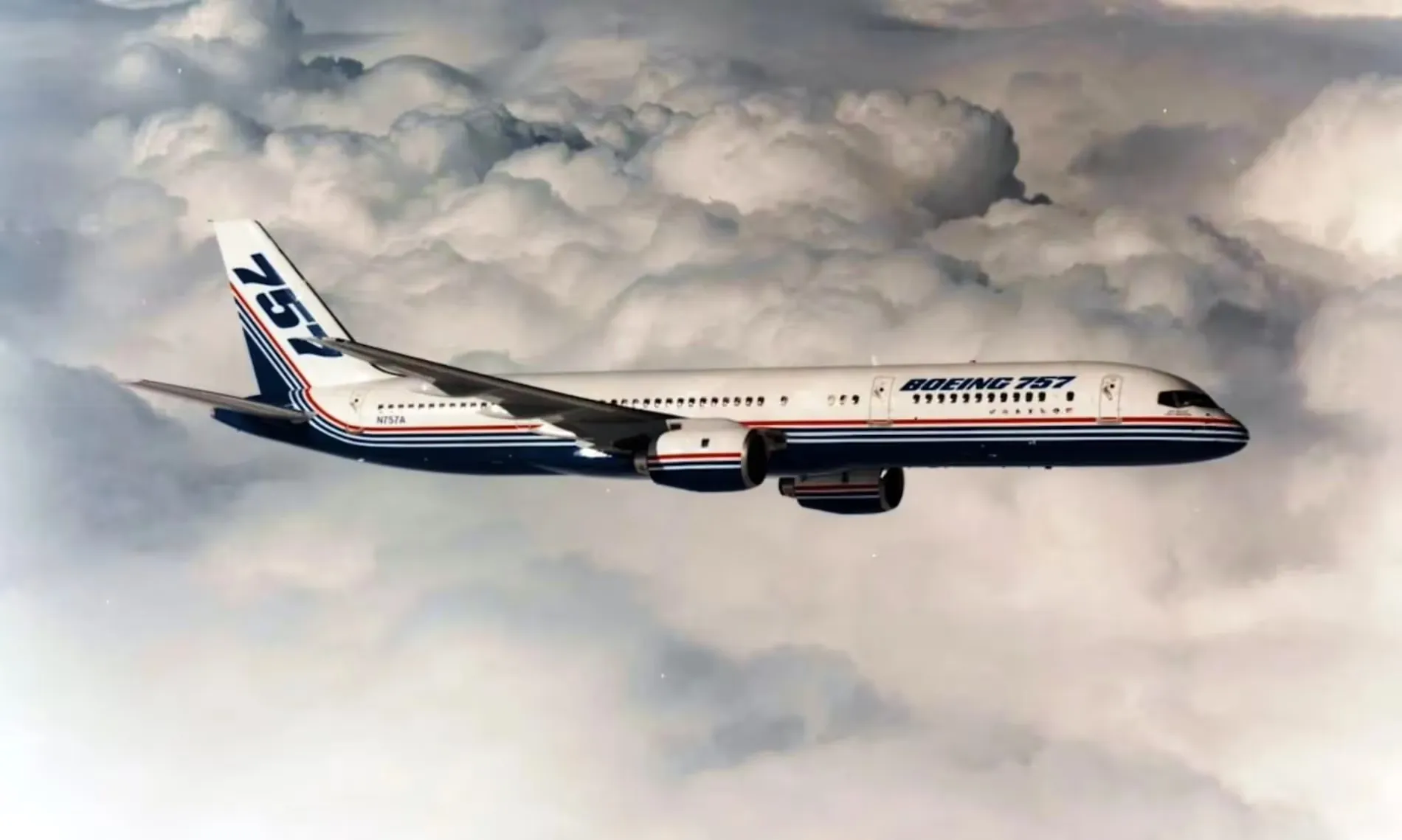
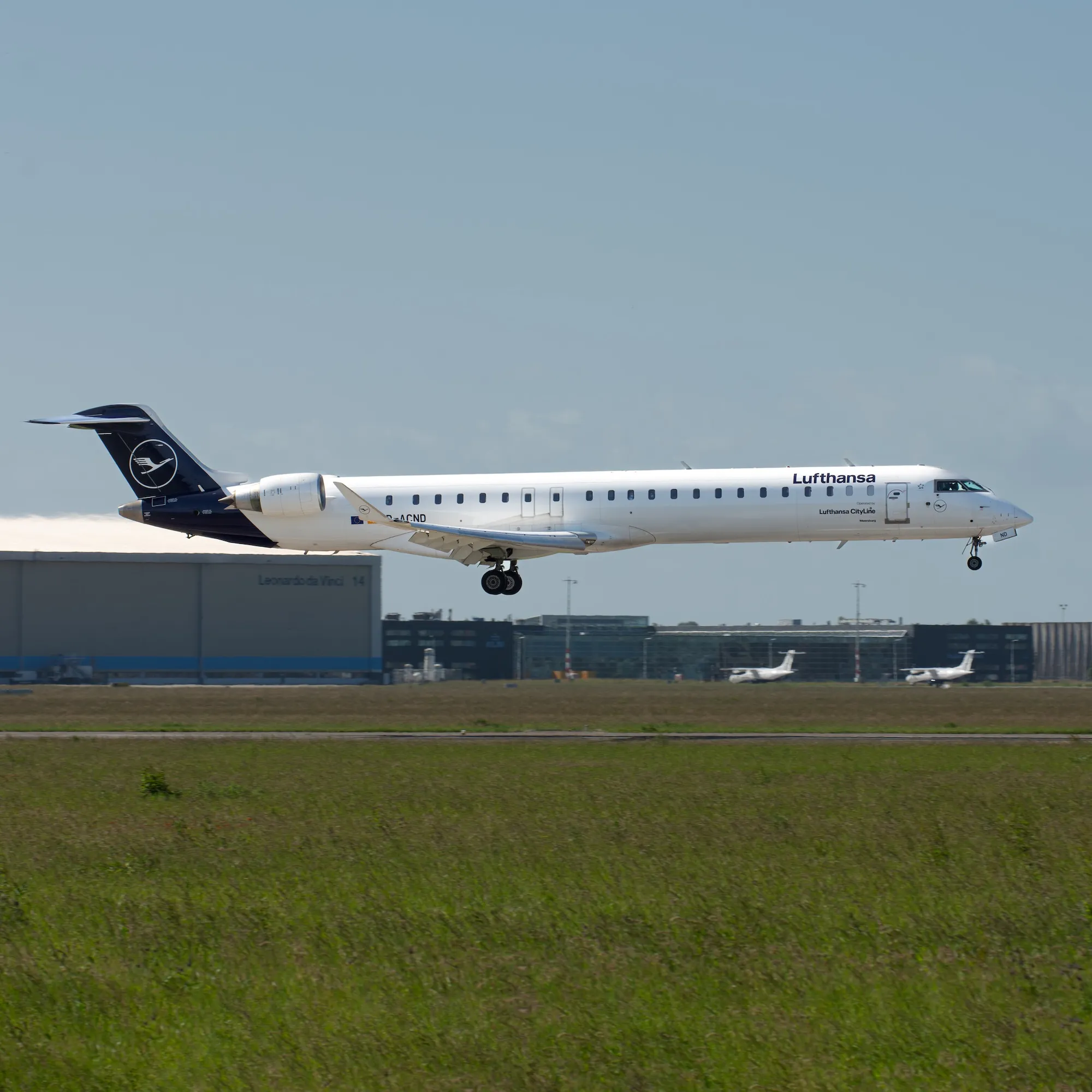
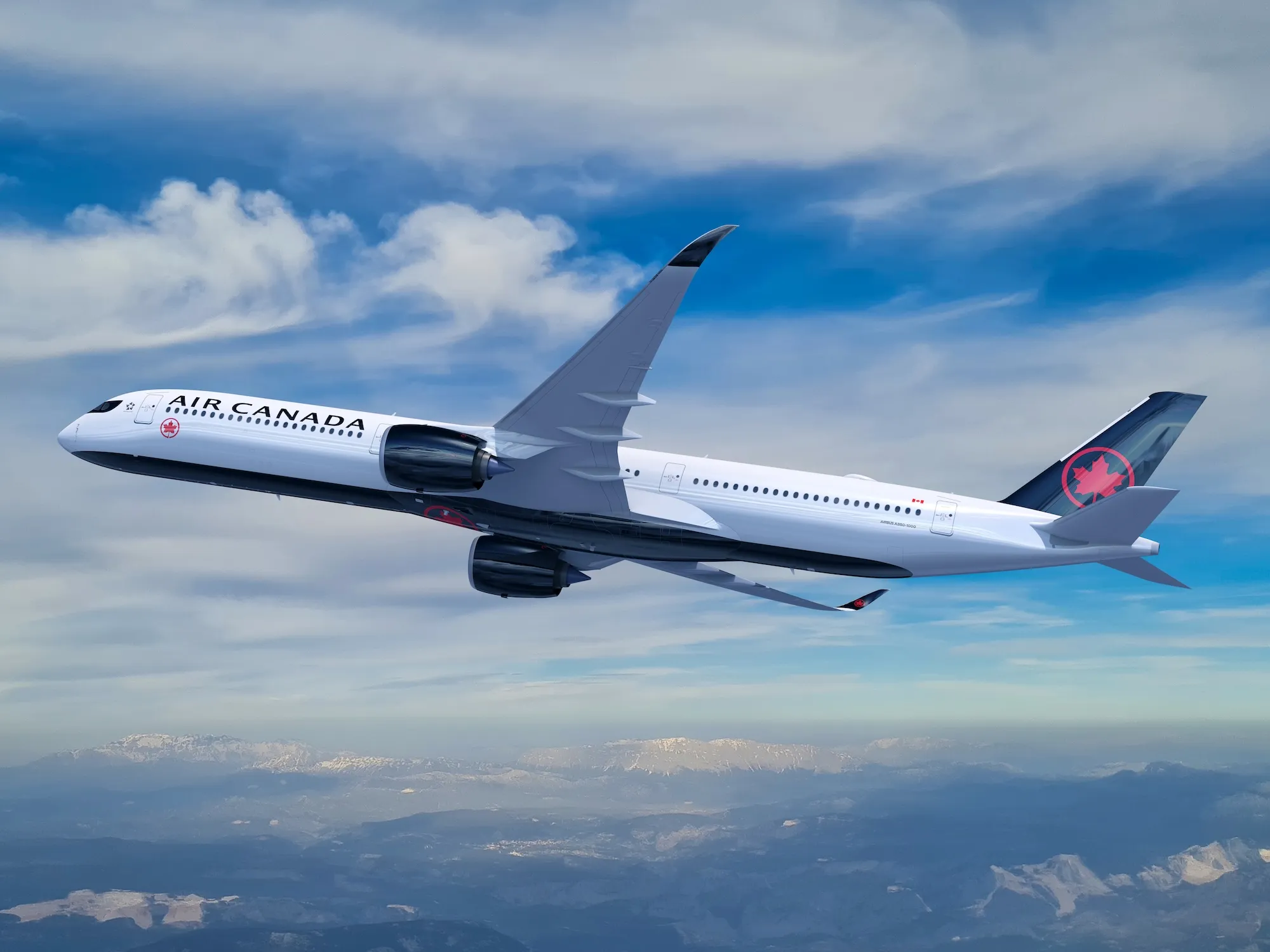
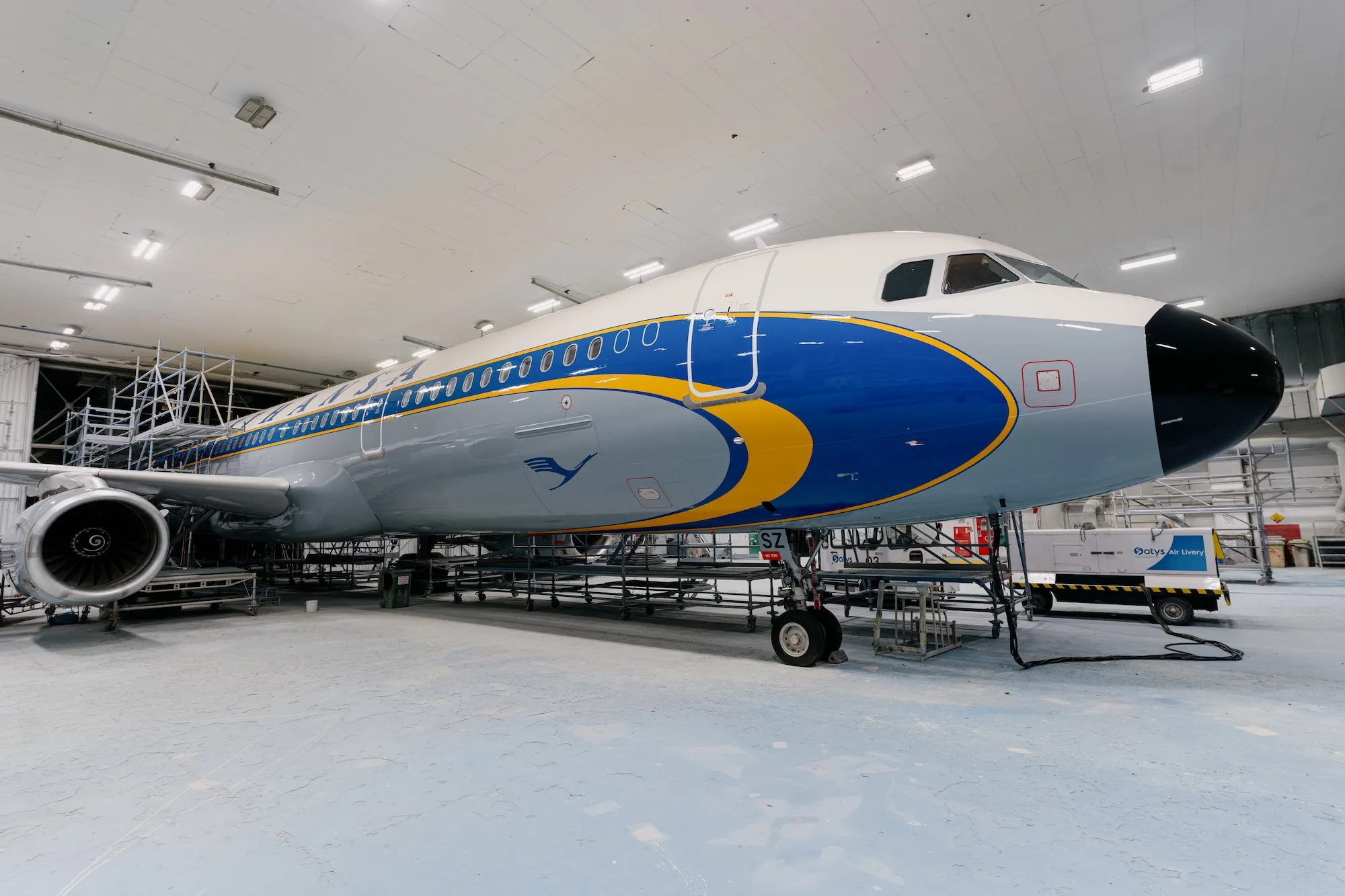
.webp)
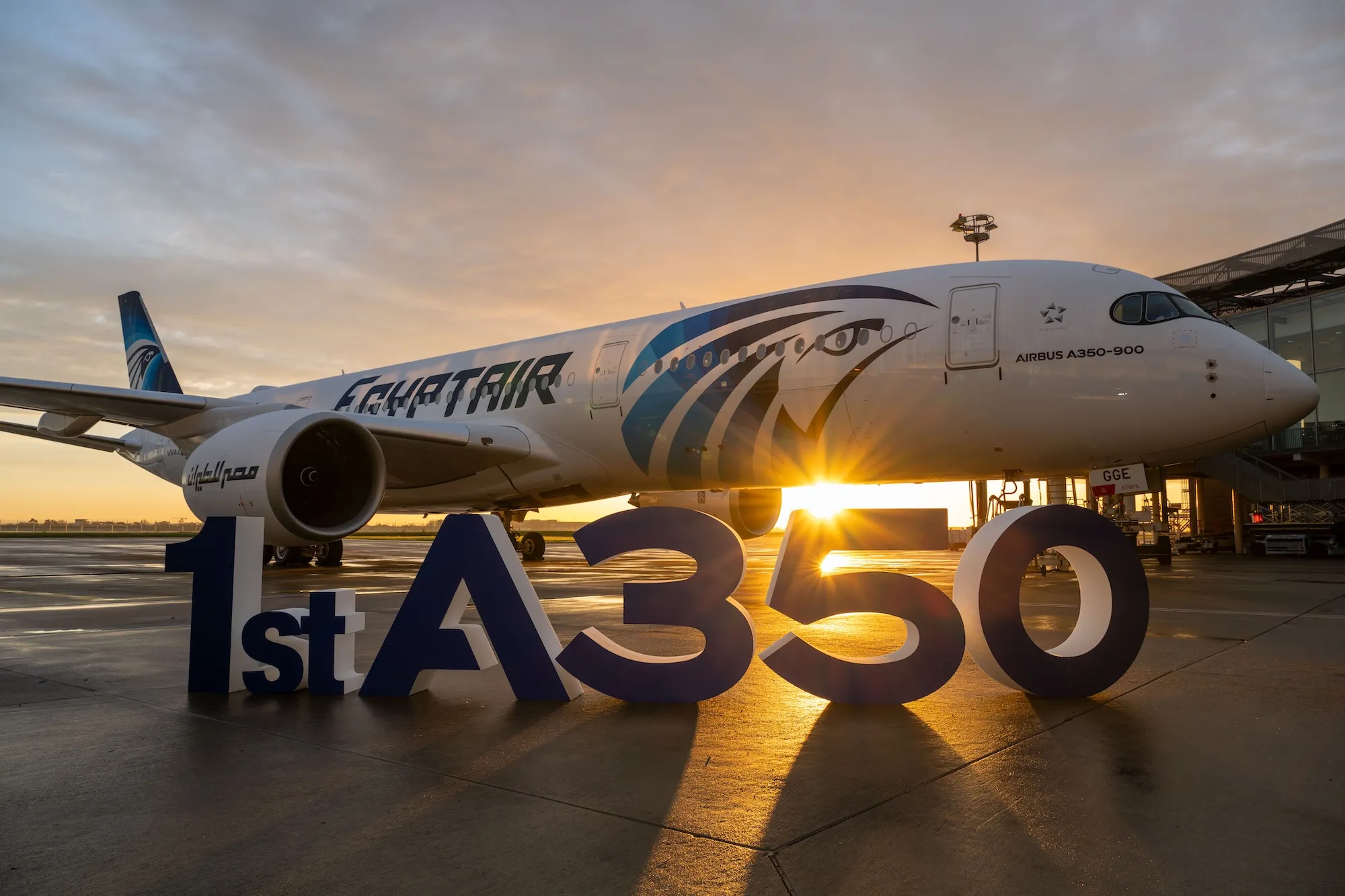
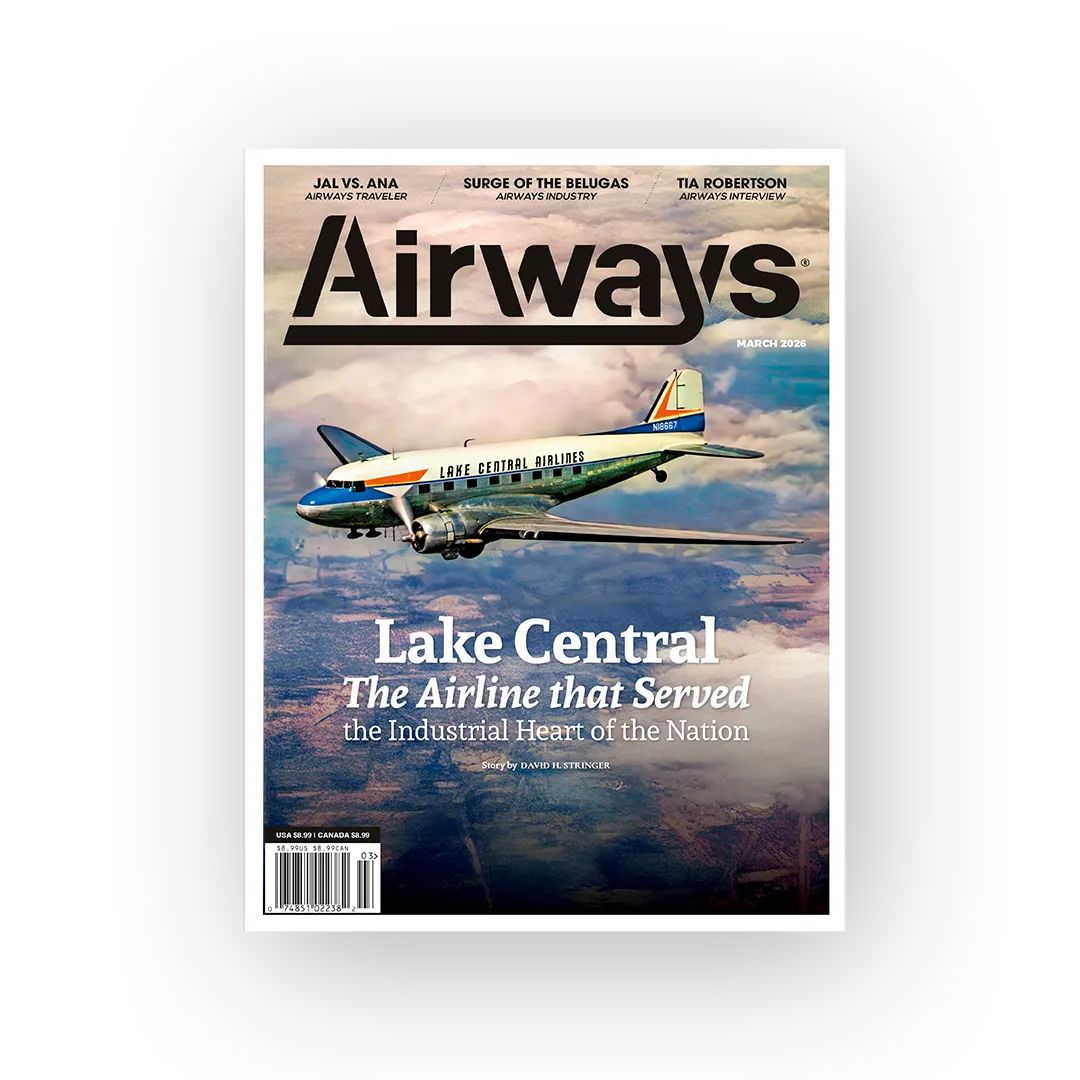
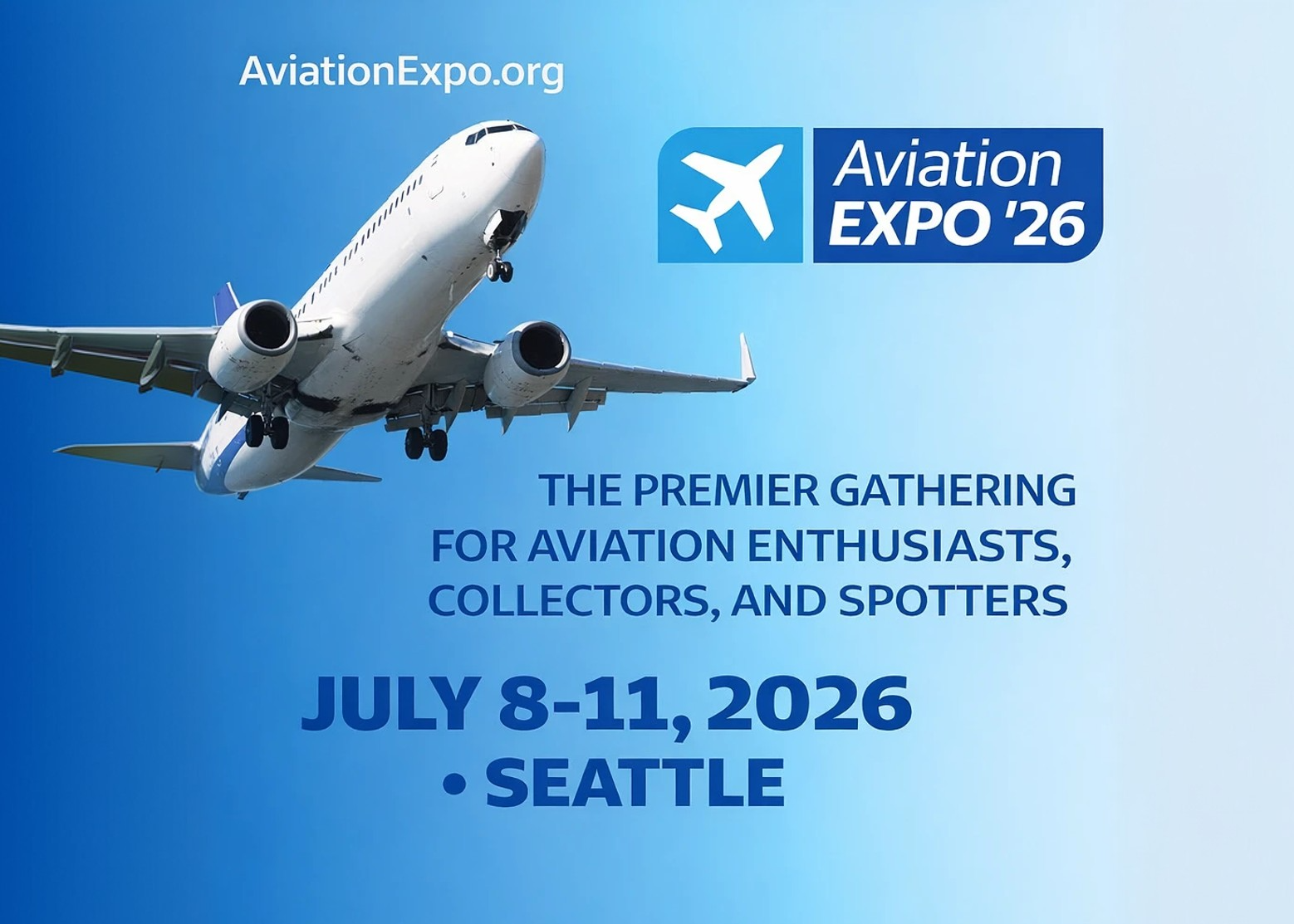
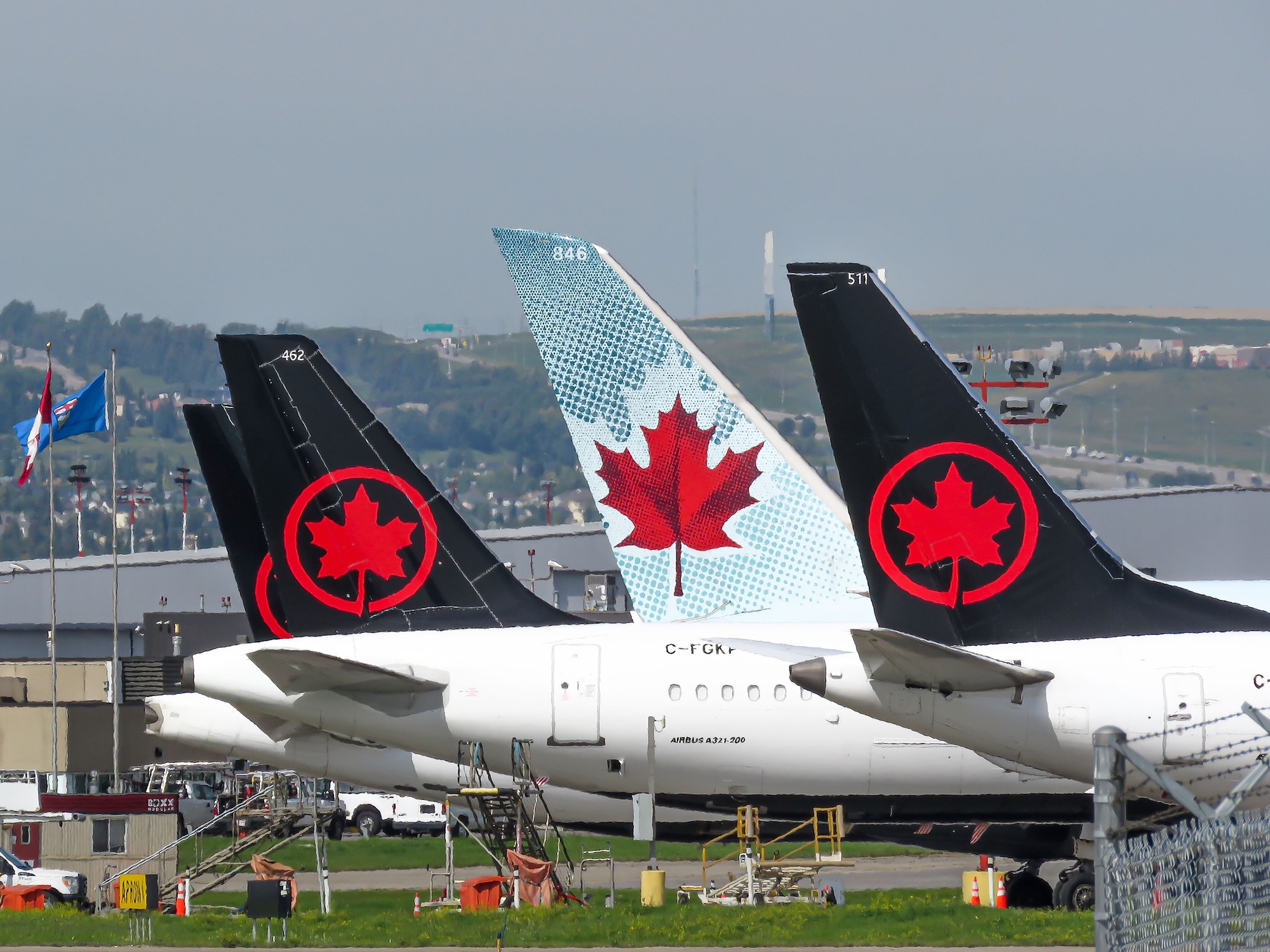
.webp)
